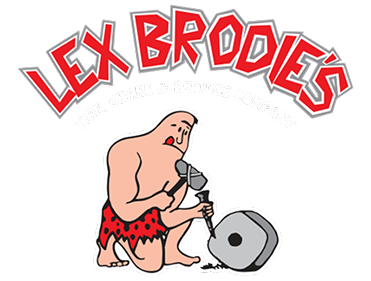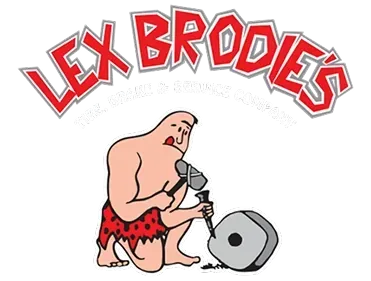September 26, 2025
Driving in Honolulu can be stressful, especially during peak traffic hours when the roads are packed and patience wears thin. Between merging lanes, unpredictable drivers, and endless stop-and-go movement, it’s easy to feel frustrated. But staying calm behind the wheel isn’t just better for your mood, but also makes you a safer, more focused driver. With the right mindset and a few practical strategies, you can navigate rush hour with less stress and more confidence. Plan Your Route Ahead of Time Before heading out, take a few minutes to check traffic conditions and plan your route. Apps and GPS systems can help you avoid heavy congestion or accidents, giving you alternative paths that save time and reduce frustration. In Honolulu, where traffic patterns can shift quickly, knowing your options makes a big difference. Even if you can’t avoid delays entirely, being prepared helps you stay in control rather than feeling stuck in the chaos. Give Yourself Extra Time One of the biggest sources of driving stress is running late. If you know you’ll be on the road during peak hours, leave earlier than usual. Building in extra time reduces the pressure to rush, making it easier to drive defensively and stay calm. When you’re not constantly watching the clock, you’ll find it easier to let small delays roll off your shoulders. Manage Your Space on the Road Heavy traffic can make it tempting to drive closely behind the car in front of you, but tailgating only increases frustration and risk. Maintaining a safe following distance gives you more time to react if someone brakes suddenly. Staying aware of your surroundings and keeping an open space around your vehicle also helps you avoid unnecessary lane changes or sudden maneuvers, which are common sources of stress during rush hour. Use Your In-Car Environment to Your Advantage Your driving environment plays a big role in your stress levels. Small changes inside your vehicle can make a noticeable difference: Set the temperature to a comfortable level Play relaxing music or a favorite podcast Keep your phone out of sight to avoid distractions These adjustments create a calmer atmosphere and help you focus on the road instead of the frustration around you. Practice Patience With Other Drivers In dense traffic, you’ll often encounter sudden lane changes, slow merges, or distracted drivers. While it’s tempting to react, staying patient keeps you safer and less stressed. Remember that everyone is trying to get somewhere, just like you. Avoid unnecessary honking and aggressive driving, because it only raises tension and doesn’t get you there any faster. Know When to Take a Break If traffic is crawling and you feel your stress levels climbing, it can help to take a short break. Pulling into a safe spot, stepping out for fresh air, or grabbing a quick coffee can reset your mood and keep frustration from building. Driving while tense or irritated affects focus and reaction time, so even a five-minute pause can make a big difference in your safety and comfort. Keep Your Vehicle in Top Shape Unreliable brakes, weak air conditioning, or mechanical issues can make an already stressful commute even worse. Routine maintenance ensures your vehicle responds smoothly in heavy traffic, keeping you confident behind the wheel. From tire inspections to brake checks , staying on top of basic services helps prevent surprises on the road. When you know your car is in good shape, it’s one less thing to worry about during Honolulu’s busiest hours. Stay Relaxed With Help From LexBrodies in Hawaii At LexBrodies in Hawaii, we know how demanding driving in Honolulu’s traffic can be. Keeping your vehicle well-maintained is one of the best ways to reduce stress and stay safe, no matter how congested the roads get. From inspections and tune-ups to brake and tire services , our team makes sure your car is ready for whatever rush hour throws your way. Schedule your service today in one of our 4 locations across the island and drive through Honolulu with confidence. 701 Queen Street Honolulu, HI 98-115 Kamehameha Highway Aiea, HI 94-169 Farrington Highway Waipahu, HI 46-158 Malina Place Kaneohe, HI






















